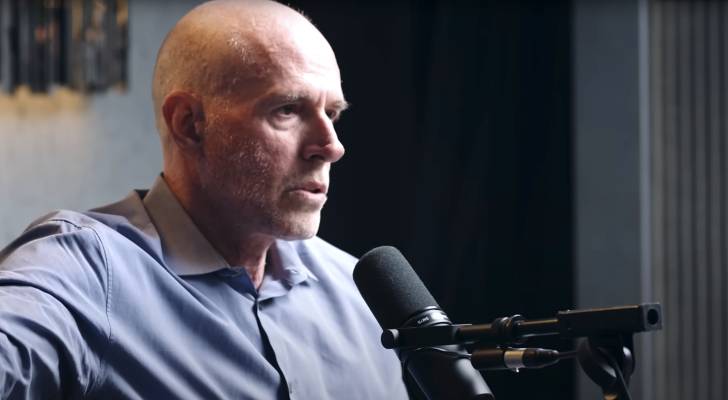I spent $150K trying to flip a house in Dallas like those reality TV personalities — but it’s been sitting on the market and my mortgage costs are suffocating me. What are my options?


We adhere to strict standards of editorial integrity to help you make decisions with confidence. Some or all links contained within this article are paid links. While TV shows make home flipping look easy, in reality, it’s a high-risk investment. Professional flippers often put in a lot of sweat equity, or they have a network […]
These 10 US states now offer ‘automatic IRAs’ for a specific group of workers — and more will follow suit to help solve the retirement savings crisis. Are you eligible?


We adhere to strict standards of editorial integrity to help you make decisions with confidence. Some or all links contained within this article are paid links. A retirement crisis is on the horizon, largely because many Americans aren’t saving enough for their retirement. 22.0% of retirement-age adults were still working in March 2024, according to […]
This NC hospital canceled 11,500 liens it placed on patient homes to collect on medical debt — this is what happened and how you can manage a health crisis without financial ruin


We adhere to strict standards of editorial integrity to help you make decisions with confidence. Some or all links contained within this article are paid links. After a health crisis, discovering a lien on your home for unpaid medical bills would be a shock — but it’s one thousands of Atrium Health patients faced. Atrium, […]
First-time home buyers in the US are getting older as young Americans struggle to get into the market — 3 ways get on the property ladder in 2025


We adhere to strict standards of editorial integrity to help you make decisions with confidence. Some or all links contained within this article are paid links. For many young Americans, buying a first home is now a dream deferred. The average first-time buyer is 38, up from the historical range of 29 to 33, according […]
Americans now need to earn $108,000/year to afford a new single-family home with property taxes and insurance — how to step on the US housing ladder even without a 6-figure salary


We adhere to strict standards of editorial integrity to help you make decisions with confidence. Some or all links contained within this article are paid links. If you feel like buying a home — and paying for the upkeep — has become more expensive than ever, you’ve just nailed the essence of what a new […]
I lost all faith in US banks in 2009 — but now I’m 52 with $650,000 in cash sitting in a safe at home. What do I do with this pile of money?


We adhere to strict standards of editorial integrity to help you make decisions with confidence. Some or all links contained within this article are paid links. Anyone who lived through the Great Recession remembers the tremendous economic turmoil that took place. While the economy has since recovered, many people have become wary of financial institutions, […]
‘Terrible investment’: Grant Cardone blasts ‘American dream’ of homeownership — says the average mortgage payment is ‘double the rent’ in the US. Here’s what he likes instead


We adhere to strict standards of editorial integrity to help you make decisions with confidence. Some or all links contained within this article are paid links. A survey by LendingTree shows 94% of Americans consider homeownership part of the American dream. But real estate tycoon Grant Cardone thinks otherwise. “No matter how much you guys […]
‘It’s huge leverage’: Scott Galloway calls real estate ‘the most tax-advantaged’ investment you can make in the US, and offers tips to build your portfolio


We adhere to strict standards of editorial integrity to help you make decisions with confidence. Some or all links contained within this article are paid links. Investing in real estate may seem like an attractive prospect, but not everyone agrees on whether it’s a good investment for the average American. Some see it as the […]
I’m 68 years old and rely on Social Security as my sole source of retirement income — what will Donald Trump’s second term mean for my benefits?


We adhere to strict standards of editorial integrity to help you make decisions with confidence. Some or all links contained within this article are paid links. When President-elect Donald Trump takes office starting Jan. 20, major changes could impact the lives of Americans if he moves forward on his ambitious election campaign promises. For retirees, […]
Warren Buffett once said you only have to do ‘very few things right’ in life, as long as you don’t do too many wrong things — 3 investing mistakes that can put your retirement at serious risk


We adhere to strict standards of editorial integrity to help you make decisions with confidence. Some or all links contained within this article are paid links. After nearly seven decades of experience, investing legend Warren Buffett has accumulated more than $142 billion in personal wealth — and the Oracle of Omaha believes much of his […]